By Indeyah Todman
(STX-September 23, 2022) “I’m going to be president when I grow up!”, said a curiously confident 5-year-old as she skipped along the Cramer’s Park beach with her grandmother.
Her grandmother laughed with amusement at the little girl’s bold statement. “Why do you want to be president, Indeyah?”, she asked with a smile.
“I want to be president so I can give everyone money! I will give you money, mom money, anyone who needs money, I will give it to them!,” I beamed.
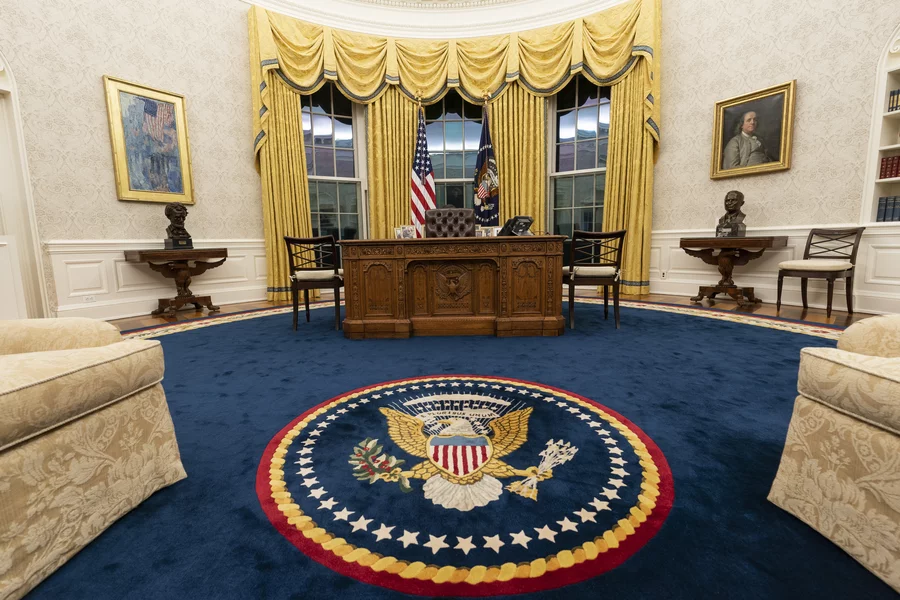
Five-year-old me did not realize that’s not exactly how being president works. But as I hit double-digits in age, my dream of being president of the United States remained and grew.
I saw myself in the white house, a Virgin Islander, and Crucian, sitting behind a desk in the Oval Office, calling the shots as America’s leader.
I told everyone about this dream. My imagination had no limits.
Somehow, I could never seem to see the ceiling above my head, nor that it was made of glass.
Somehow, I could never seem to see the ceiling above my head, nor that it was made of glass. All I saw was the moon and the stars.
“Indeyah, looks like you actually can’t be president,” one of my friends told me in 4th grade while in class. We finally noticed the giant elephant waving its arms frantically in the room: Can someone from the U.S. Virgin Islands run for president?
Upon further investigation on the classroom computer, we found that the president had to live within the United States.
In our 11-year-old minds, that meant the 50 states, not a small U.S. territory millions of mainland Americans had never even heard of.
I felt my heart sink as the dream I grew up with began to fade. Suddenly, I saw the ceiling above my head.
I moved on to dream of other occupations. As we get closer and closer to election day in November, I notice candidates campaigning diligently to be a Senator or Governor of the U.S. Virgin Islands.
Can a Thomian, Crucian, or Johnian make their way into the presidency?
I cannot help but imagine the USVI election in a larger scale. Can a Thomian, Crucian, or Johnian make their way into the presidency? The answer is not as discouraging as I saw as a kid.
Article II, Section I, Clause 5 of the U.S. Constitution states:
No Person except a natural born Citizen, or a Citizen of the United States, at the time of the Adoption of this Constitution, shall be eligible to the Office of President; neither shall any Person be eligible to that Office who shall not have attained to the Age of thirty five Years, and been fourteen Years a Resident within the United States.
The above section of the constitution states that to be eligible, you have to be a natural born citizen of the U.S., 35-years-old or older, and have lived within the United States for fourteen years. Based on these requirements, two questions arise:
- Are U.S. Virgin Islanders natural born citizens?
- Are U.S. Virgin Islanders considered residents “within the United States,” or would they have to live in one of the 50 states?
What even are natural born citizens? When the founding fathers wrote the Constitution, they left no clear definition of what determines someone to be a natural born citizen.
Therefore, the Natural Born Citizen Act was passed in 2004 to define the term. According to the Natural Born Citizen Act, a natural born citizen is:
(1) any person born in, and subject to the jurisdiction of, the United States; and (2) any person born outside the United States who derives citizenship at birth from U.S. citizen parents, or who is adopted by the age of 18 by U.S. citizen parents who are otherwise eligible to transmit citizenship.
According to this definition, U.S. Virgin Islanders are considered natural born citizens because the USVI is under United States jurisdiction as a United States territory!
The term “within the United States” is, however, a bit more of a grey area.
Does this terminology mean only the 50 states, or do territories count as being within the country? If someone from the U.S.V.I were to run for president, this detail would need to be ironed out.
Anyone against a U.S. Virgin Islander for president may come forward with reasons as to why a U.S. territory is not considered within the U.S.
Despite falling under the sovereign jurisdiction of U.S. federal government, U.S. territories do not have the same legal standing as the U.S.’s 50 states.
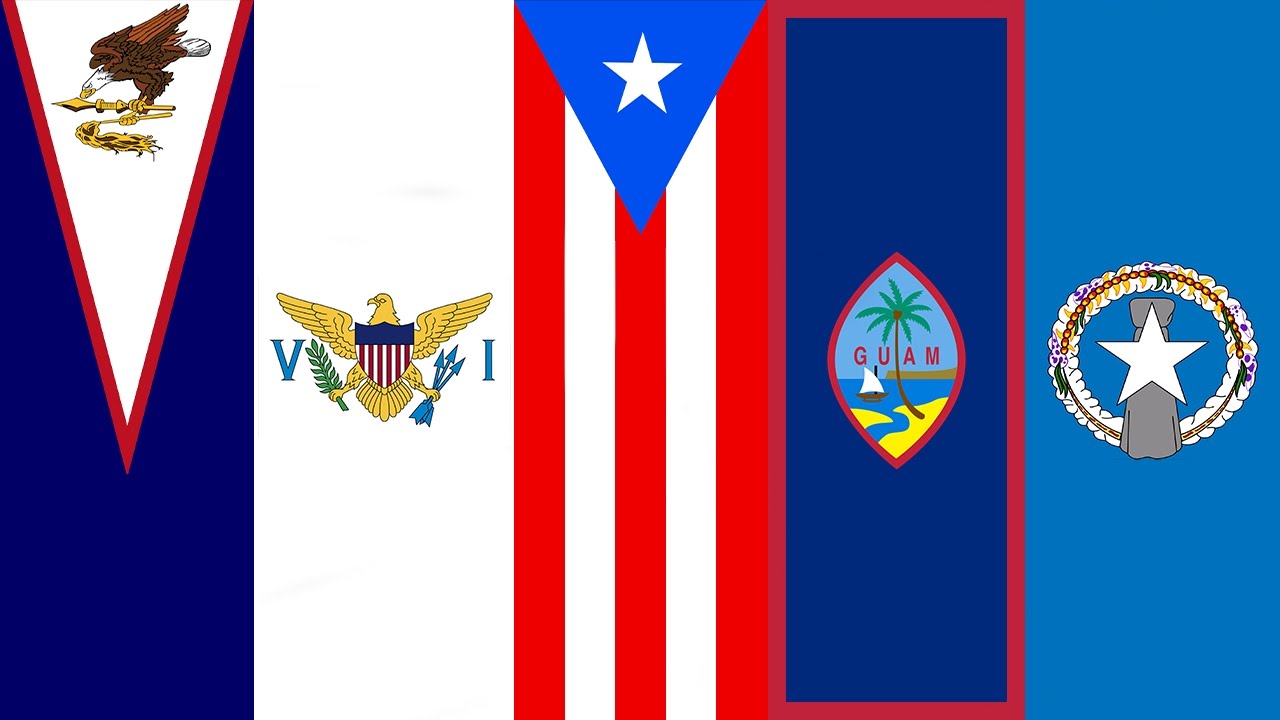
For example, U.S. territories are not represented in Congress. Each territory elects a non-voting representative to the House of Representatives, but they are not represented in the Senate.
Although residents of U.S. territories have the right to vote in presidential primaries, they are not represented in the Electoral College, therefore their vote has little to no impact than it could otherwise.
According to this logic, a Crucian, Thomian, or Johnian President is a no-go.
However, the Pro-VI Presidency people would wave their VI flags in the air as they state a counter argument.
The U.S. Virgin Islands is owned by the United States and is therefore within the United States, or at least, within their possessions.
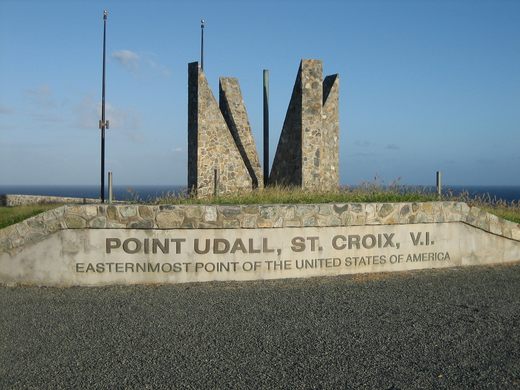
How else would they be able to claim that Point Udall on St. Croix is the easternmost point of the United States?
People who reside in the territories are citizens of the United States, pay certain federal taxes, and are free to move across the country as they like. They also can enroll in the U.S. military.
People from the U.S. territories contribute to the United States as much as the 50 states, and therefore, is a part of the country.
America’s reaction to a Virgin Islands candidate may be mixed.
It is not unheard of to question the eligibility of a candidate. Just ask former president Donald Trump and his argument that former president Barack Obama was not American.
A 20-year-old black male, who wishes to be anonymous, believes a VI president may not be seen favorably by the U.S. “…because to them [U.S.], for the most part, we are a tourist destination that offers little to no political intelligence.”
This is a valid concern, as my experiences in the states whenever I mention the Virgin Islands were disappointing, with questions such as, “Do you have cellphone service there?,” What kind of house do you live in?,” and “Isn’t the Virgin Islands a myth? I thought it was!”
“If a black man could become president, why not someone from the VI? It’s not impossible.”
However, some Virgin Islanders are optimistic. “If a black man could become president, why not someone from the VI? It’s not impossible,” says Angelita Encarnacion, born and raised in the VI for 79 years.
“America is a melting pot of people from many Caribbean islands. There will be millions of people that will support a Caribbean candidate and president” Coretta Bates, her daughter, continues.
Certainly, someone from a U.S. territory who running for president would spark wide-range and enthusiastic discussion.
It would also bring to light the disparities between the rights of people from U.S. territories and people from the 50 states.
While you have been reading this article, there is another giant elephant waving its arms frantically in the room: if a U.S. Virgin islander even ran for president, we would not be able to vote for them!
Even as U.S. citizens, we do not have the same rights as someone from the 50 states.
Even as U.S. citizens, we do not have the same rights as someone from the 50 states.
Despite this, I hope a Virgin Islander makes it to the presidency one day. I know I was not the only person who had big dreams of the Oval Office.
We do not have to be confined to the ceiling above us. The moon and the stars are in our reach.

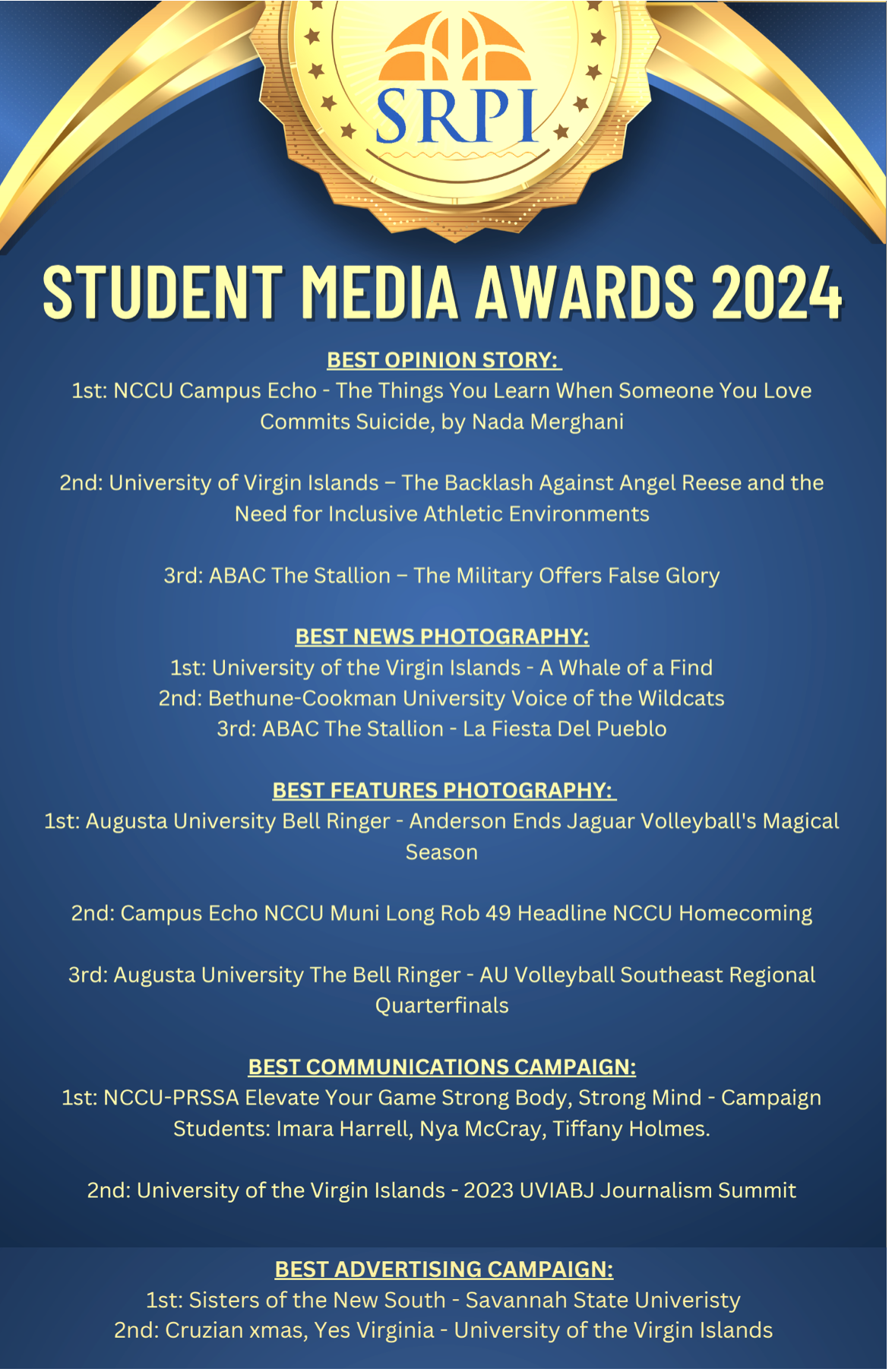

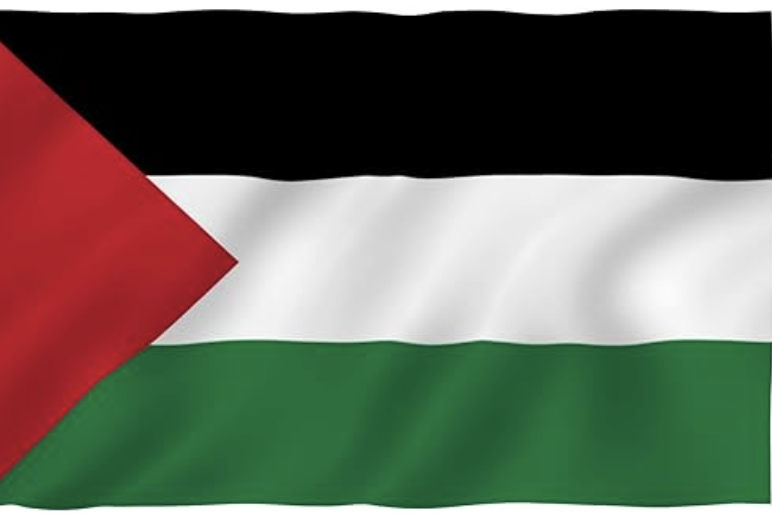

I fully support the idea of a Virgin Islander running for president. That would be such an amazing mile stone.